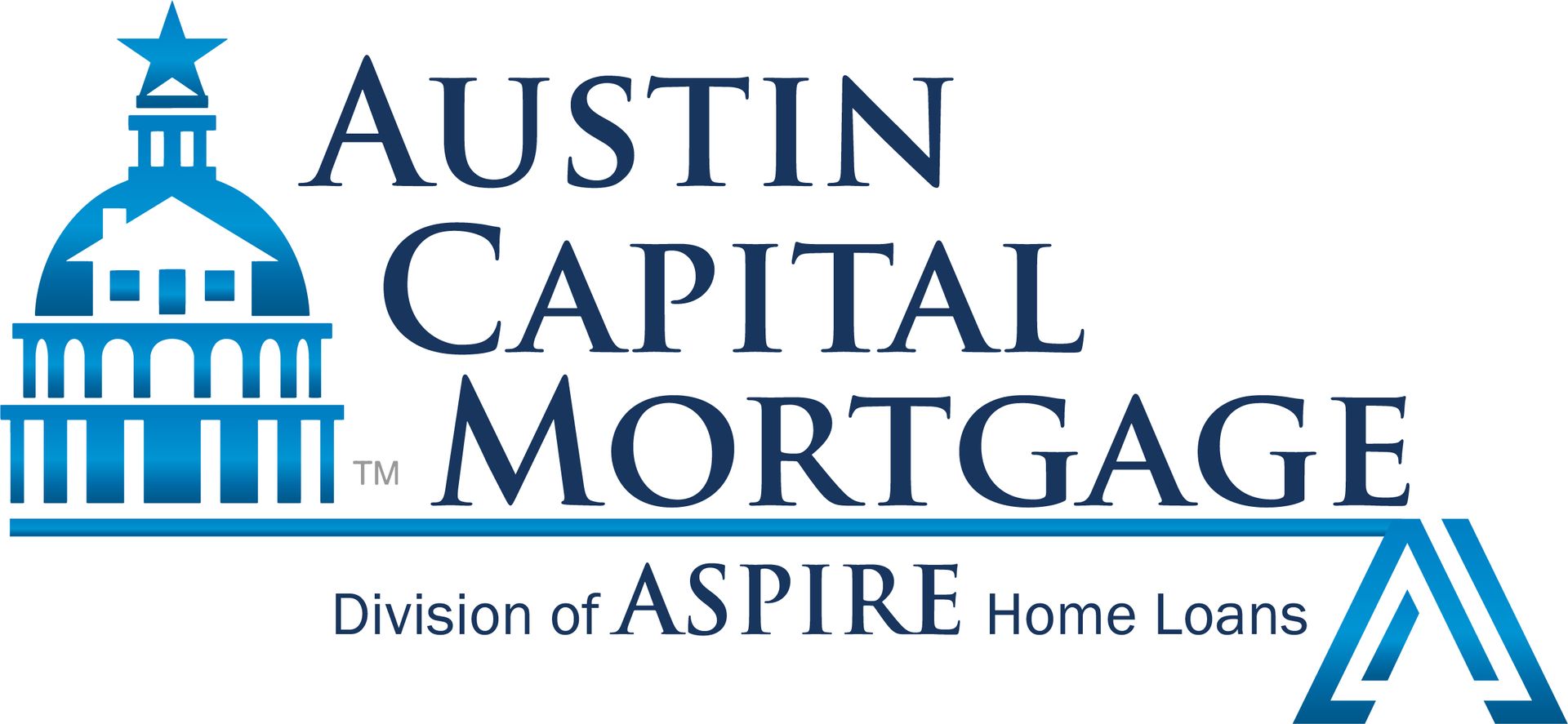WE’RE HERE TO HELP YOU
Get a 1% Down Payment First Responder Loan
1% down payment first responder loan refers to a mortgage loan program specifically designed to assist first responders, such as firefighters, police officers, paramedics, and other emergency personnel, in purchasing a home. This type of loan program allows first responders to make a down payment of only 1% of the home's purchase price, which is significantly lower than the standard down payment requirement for most mortgages.
What is a 1% Down Payment First Responder Loan?
A 1% down payment first responder loan refers to a mortgage loan program specifically designed to assist first responders, such as firefighters, police officers, paramedics, and other emergency personnel, in purchasing a home. This type of loan program allows first responders to make a down payment of only 1% of the home's purchase price, which is significantly lower than the standard down payment requirement for most mortgages.
The purpose of offering a 1% down payment first responder loan is to make homeownership more accessible to those who serve and protect their communities. By reducing the upfront cost, this loan program aims to help first responders achieve their homeownership goals and potentially provide more favorable terms or incentives specific to their profession. However, there are specific criteria to meet:
- Income limits: The borrower's income cannot exceed 80% of the area's median income. For instance, in the Austin area, where the median income is $110,000, the limit would be $88,000 (80% of $110,000).
- Non-restriction to first-time homebuyers: This program is not exclusively for first-time homebuyers. Whether you're a first-time buyer or have owned a home before, you can still qualify.
- Maximum loan amount: The program sets a cap of $350,000 as the maximum loan amount for eligible borrowers.
- Primary residence requirement: The loan is applicable only for primary residences, meaning it cannot be used for investment properties or vacation homes.
- Limited to single-family homes: This program is specifically designed for single-family homes, excluding multi-unit properties or condominiums.
Put your mortgage to
work
for you
Cash out
Leverage your investment and take advantage of the equity your home has built for years.
Great For
Renovating your home
Paying down high-interest debt
Lower payments
Increase your financial security by refinancing to lower your monthly mortgage payment.
Great For
Increasing cash flow
Saving for retirement
Reduce loan term
Why wait when you can refinance into a shorter term and pay your mortgage off.
Great For
Reducing interest
Paying off mortgages faster
FAQs
Got a question? We’re here to help.
-
What is a 1% down payment first responder home loan?
A 1% down payment first responder home loan is a mortgage program specifically designed to assist first responders, such as firefighters, police officers, paramedics, and other emergency personnel, in purchasing a home. It allows them to make a down payment of only 1% of the home's purchase price.
-
Who is eligible for a 1% down payment first responder home loan?
Eligibility typically includes individuals who work as first responders, such as firefighters, police officers, EMTs, and paramedics. Specific eligibility requirements can vary depending on the lender and program, so it's important to check with them for their specific guidelines.
-
What are the benefits of a 1% down payment first responder home loan?
The main benefit is that it reduces the upfront cost of purchasing a home for first responders. With a lower down payment requirement, it can make homeownership more accessible and affordable for those serving in essential emergency roles.
-
Are there any income requirements for a 1% down payment first responder home loan?
Income requirements can vary among lenders and programs. Typically, lenders assess the borrower's income and financial stability as part of the loan approval process. It's important to inquire with the lender about their specific income requirements.
-
Can this loan program be used for both primary residences and investment properties?
The loan program is generally intended for purchasing primary residences. It may not be applicable to investment properties or second homes. However, specific program details can vary, so it's advisable to consult with the lender for their guidelines.
-
Is mortgage insurance required with a 1% down payment first responder home loan?
Mortgage insurance requirements can vary based on the loan program and lender. In some cases, mortgage insurance may be required for loans with a low down payment. It's best to consult with the lender for specific details regarding mortgage insurance.
-
How can I find lenders offering 1% down payment first responder home loans?
Researching and contacting local mortgage lenders, credit unions, or specialized programs for first responders can help identify lenders offering this type of loan. Online resources and mortgage brokers can also provide additional options.
-
Are there any special incentives or benefits attached to 1% down payment first responder home loans?
Some loan programs may offer additional incentives or benefits for first responders, such as down payment assistance, reduced interest rates, or flexible qualification criteria. It's important to explore different loan programs to determine what benefits are available.
-
What are the potential drawbacks or considerations of a 1% down payment first responder home loan?
It's crucial to consider the overall cost of the loan, including interest rates, mortgage insurance, and closing costs. Additionally, borrowers should assess their ability to afford the monthly mortgage payments and evaluate the long-term financial implications.
-
Are these loan programs available nationwide?
The availability of 1% down payment first responder home loans can vary depending on the lender and region. Some programs may be offered nationwide, while others might be limited to specific states or areas. Researching local options or consulting with mortgage professionals can provide more information on availability.
Austin Capital Mortgage
Serving Families Since 1996
We combine ethical lending practices, personalized service, and innovative solutions to redefine what it means to be a mortgage lender.
Contact Information
Phone
+1 512 891 0778
Email
loans@austincapitalmortgage.com
Address
3801 N Capital of Texas Hwy J-180, Austin, TX 78746, USA
2023 Austin Capital Mortgage, a division of Aspire Home Loan | All Rights Reserved | Member FDIC | NMLS 1955132 | Privacy Policy
“CONSUMERS WISHING TO FILE A COMPLAINT AGAINST A COMPANY OR A RESIDENTIAL MORTGAGE LOAN ORIGINATOR SHOULD COMPLETE AND SEND A COMPLAINT FORM TO THE TEXAS DEPARTMENT OF SAVINGS AND MORTGAGE LENDING, 2601 NORTH LAMAR, SUITE 201, AUSTIN, TEXAS 78705. COMPLAINT FORMS AND INSTRUCTIONS MAY BE OBTAINED FROM THE DEPARTMENT’S WEBSITE AT WWW.SML.TEXAS.GOV. A TOLL-FREE CONSUMER HOTLINE IS AVAILABLE AT 1-877-276-5550. THE DEPARTMENT MAINTAINS A RECOVERY FUND TO MAKE PAYMENTS OF CERTAIN ACTUAL OUT OF POCKET DAMAGES SUSTAINED BY BORROWERS CAUSED BY ACTS OF LICENSED RESIDENTIAL MORTGAGE LOAN ORIGINATORS. A WRITTEN APPLICATION FOR REIMBURSEMENT FROM THE RECOVERY FUND MUST BE FILED WITH AND INVESTIGATED BY THE DEPARTMENT PRIOR TO THE PAYMENT OF A CLAIM. FOR MORE INFORMATION ABOUT THE RECOVERY FUND, PLEASE CONSULT THE DEPARTMENT’S WEBSITE AT WWW.SML.TEXAS.GOV

